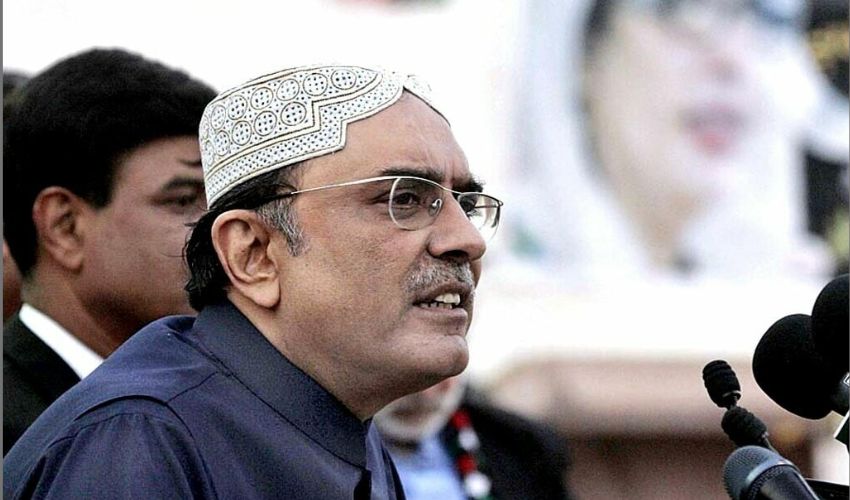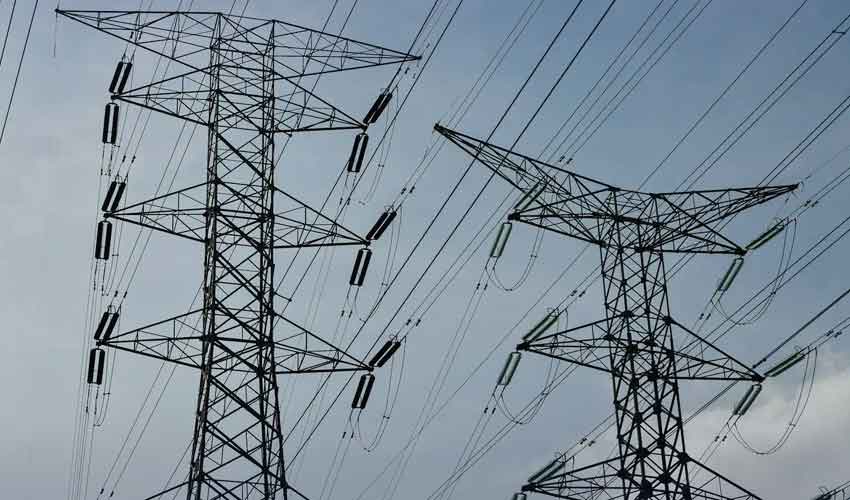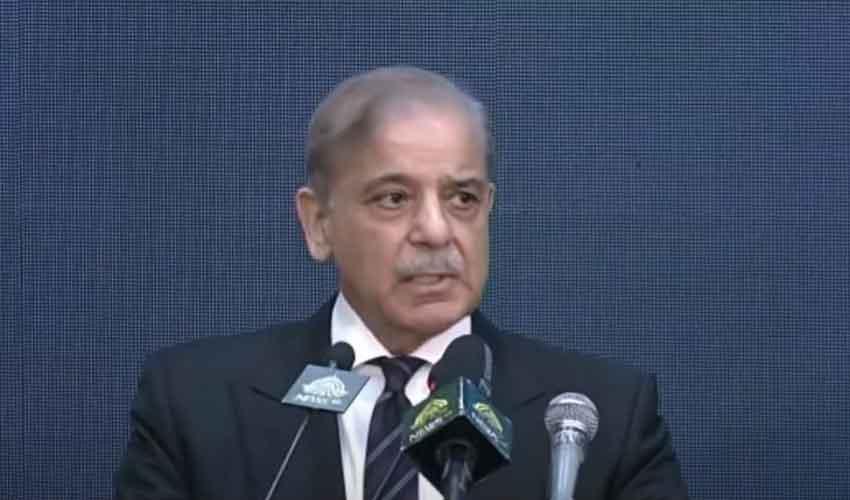Federal Minister for Energy Awais Leghari has identified a steep decline in electricity demand, ballooning circular debt, and rising production costs as the most pressing challenges facing Pakistan's energy sector.
Addressing a press briefing on Friday, he revealed that ongoing structural inefficiencies and poor governance in distribution companies (DISCOs) have further worsened the crisis. He added that the biggest problem at the moment was the continuous decline in electricity demand, while excessive increases in production costs and tariffs and inefficiency of distribution companies were also major challenges.
Also Read: Is PM's electricity price reduction temporary? Details revealed
The minister disclosed that Pakistan’s circular debt has surged to nearly Rs2,400 billion, while a plan had been devised to eliminate it. However, Leghari assured that a comprehensive roadmap is being developed to address these issues, including a 10-year energy policy plan that will be presented to Prime Minister Shehbaz Sharif in a couple of weeks.
Rs3,696bn saved through IPP negotiations
Leghari shared a major breakthrough in cost-saving efforts, stating that negotiations with 36 independent power producers (IPPs) have led to a massive saving of Rs3,696 billion. "This financial relief will benefit the consumers in the coming years," he said, emphasizing that the government has now resolved not to purchase expensive electricity in the future.
He said that it is currently not possible to predict whether the basic electricity tariff will increase or decrease. "We will have to wait and see what the situation is by June," he stated.
Also Read: Electricity prices reduced across Pakistan for April
He also clarified that while the government is actively working on reforms, all matters related to tariffs are handled through the independent regulatory authority. "The Rs7.41 per unit relief is also part of the basic tariff," he added, emphasizing that no one can definitively forecast future changes in the base rate at this point.
Privatisation of DISCOs underway
The federal minister also confirmed that the privatisation of electricity distribution companies is currently in progress, as part of wider reforms to improve service delivery and reduce inefficiencies. “We are moving ahead with reforms to fix the root causes of power losses and mismanagement,” he added.
Leghari revealed that agreements are being formulated to ensure electricity supply to Special Economic Zones (SEZs). He also announced that the first phase of privatisation will involve the sale of Islamabad, Faisalabad, and Gujranwala electricity distribution companies. In the second phase, Lahore, Multan, and Hazara Electric Supply Companies will be privatized.
Meanwhile, Hyderabad, Sukkur, and Peshawar companies will be handed over under a concession model rather than full privatization.
Also Read: PM Shehbaz announces massive reduction in electricity prices
The minister also confirmed that the process of scrapping nine defunct generation companies (GENCOs) is currently underway. “Closing these GENCOs and selling off scrap assets will result in savings of billions of rupees,” he stated.
Leghari further revealed that action is being taken against uncertified solar tube wells. Out of a total of 27,437 such connections, 5,000 have already been disconnected.
No help from KP govt on power theft
Awais Leghari expressed disappointment over the lack of cooperation from the Khyber Pakhtunkhwa government in combating electricity theft. "The expected support from KP in preventing power theft has not materialized, which continues to be a hurdle in controlling losses," he stated.
Circular debt elimination, targeted subsidy plan
The minister assured that the government is committed to eliminating circular debt within the next five to six years. He also highlighted that targeted electricity subsidies will be rolled out by 2027, utilizing the Benazir Income Support Programme (BISP) database to identify deserving low-income households.
Relief for 19m consumers
Leghari mentioned that just a day earlier, electricity tariffs were slashed by Rs6.14 per unit for approximately 19 million consumers using up to 100 units monthly. However, he noted that if transmission and line losses were under control, consumers could have enjoyed an additional relief of Rs1 to Rs2 per unit.
Also Read: Big relief for Karachi: Electricity rate may drop by Rs6.62
The minister further said that electricity prices for targeted consumers have been reduced by a total of 56% so far. He added that comprehensive steps and planning have been undertaken to bring the circular debt to zero. "The circular debt target for the period between July and December was set at Rs330 billion, but due to our measures, we managed to save Rs9 billion," Leghari revealed.
He added that the loss target for distribution companies (DISCOs) during the same period was estimated at Rs303 billion. However, actual losses were recorded at Rs158 billion, resulting in a saving of Rs145 billion.
Focus on affordable, indigenous energy sources
He reiterated the government’s commitment to avoiding costly electricity generation and instead focusing on indigenous energy sources, including coal-based power generation under the China-Pakistan Economic Corridor (CPEC) framework.
“Pakistan takes pride in its partnership with China through CPEC, and we aim to utilize this collaboration to meet energy needs more affordably,” said Leghari.


























